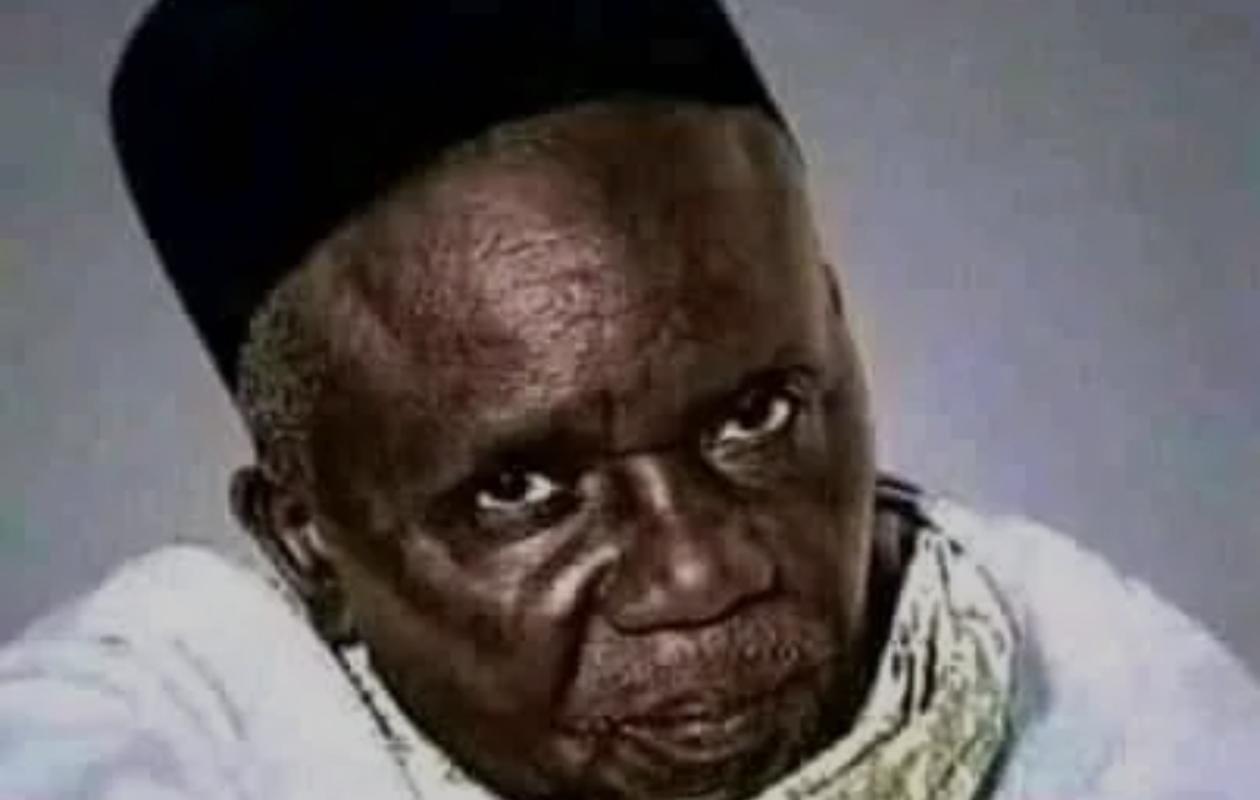
Cheikhal Khalifa : Borom bonnet carré bi
"Borom bonnet carré bi" (the man with the square hat). He needs no introduction. Cheikhal Seydi Khalifa Ababacar Sy, the first Caliph of Maodo, a man of God of exceptional stature, left his mark on the religious and social history of Senegal, leaving an eloquent legacy that spans generations.
The spiritual heir of his father, Seydi El Hadji Malick Sy, he was able to establish the continuity of the Tarîqa and initiate the first dahiras, which have today become pillars of solidarity, education, and development. The son of Mame Maodo, born in Saint-Louis in 1885, was not only known for his well-groomed appearance and his diastema, which contrasted with his dazzlingly dark complexion. He was especially known for his great erudition, his humility, and his role in spreading the Tidjaniyya. He continued his father's work and founded the dahiras, religious training groups, to adapt Islamic teaching to the realities of his time.
Serigne Babacar Sy was immersed in the environment of his father, Seydi El Hadji Malick Sy. Since the environment determines the individual, it is only natural that he would wear the slippers of "the man with the parasol." In 1922, upon Seydi El Hadji Malick Sy's abdication, he succeeded him at just 37 years old. He continued his father's work, ensuring the spiritual and social stability of the brotherhood.
First to bear the title of caliph
Respectful of the laws of God as well as those of men, imbued with Islamic culture, "Sheikhal Khalifa" is the first in Senegal to have held the title of general caliph of the Tidianes. His authority is recognized by all the moqadams who see above all, in him, the heir to the Baraka of the venerated El Hadj Malick. "Borom bonnet carré bi" knew, through his sincerity and his faith, to forge a destiny as a leader of men.
As a logical continuation of his father, Serigne Babacar Sy was able to impose his respect, his wisdom and the gifts that the Almighty had dedicated to him. Like his namesake, Seydinâ Abu Bakr, "Sheikhal Khalifa" gave, through the constancy of his action, the guarantees of continuity. If Maodo had been the architect of Islamization by decentralization, Serigne Babacar Sy will, in turn, take up the challenge of the perpetuation and the geographical and social anchoring of the Tarîqa; having been the one who set up these frameworks of brotherhood socialization with multidimensional, socio-professional, territorial variations from the neighborhood to the region via the city and the smallest villages.
Mame Khalifa, the initiator of dahiras, was the first to create them. He initiated this first religious organization with a single goal: to organize solidarity among the faithful. Not for ostentatious celebrations or a quest for prestige. But so that no one within the community would be alone in the face of difficulty. These mystical clubs aimed to participate in the training of religious followers. The first is the "Dahiratoul Kiraam" of Dakar.
Dahiras are entities dedicated to education, solidarity, mutual aid, and fraternity in Islam, which, today, are environments for Islamic culture, education, and training. This approach has quickly established itself as an effective tool in the service of Islam in Senegal and elsewhere. As a result, they have become structures for religious, cultural, and social expression, and even for economic development. Related activities are carried out in dahiras, which are increasingly becoming grassroots community organizations (CBOs).
Apart from his educational, cultural and spiritual work, Seydi Aboubacar Sy (Rta) distinguished himself in everything that contributed to national development, which, moreover, is a matter of patriotism, as taught by the Seal of the Prophets, Seydina Muhammad (PSL) who tells us: "Loving one's country (building it) is an act of faith."
Serigne Babacar Sy is certainly no longer with us, but he will forever remain the first revolutionary of the Tarîqa and the one who will mark several generations with his intelligence, his eloquence and his eternal elegance.
Commentaires (1)
Arrêtons de parler d'autres personnes à la place du meilleur des créatures.
Diegueulou: juste un rappel
Jam ak kheweul
Participer à la Discussion
Règles de la communauté :
💡 Astuce : Utilisez des emojis depuis votre téléphone ou le module emoji ci-dessous. Cliquez sur GIF pour ajouter un GIF animé. Collez un lien X/Twitter ou TikTok pour l'afficher automatiquement.